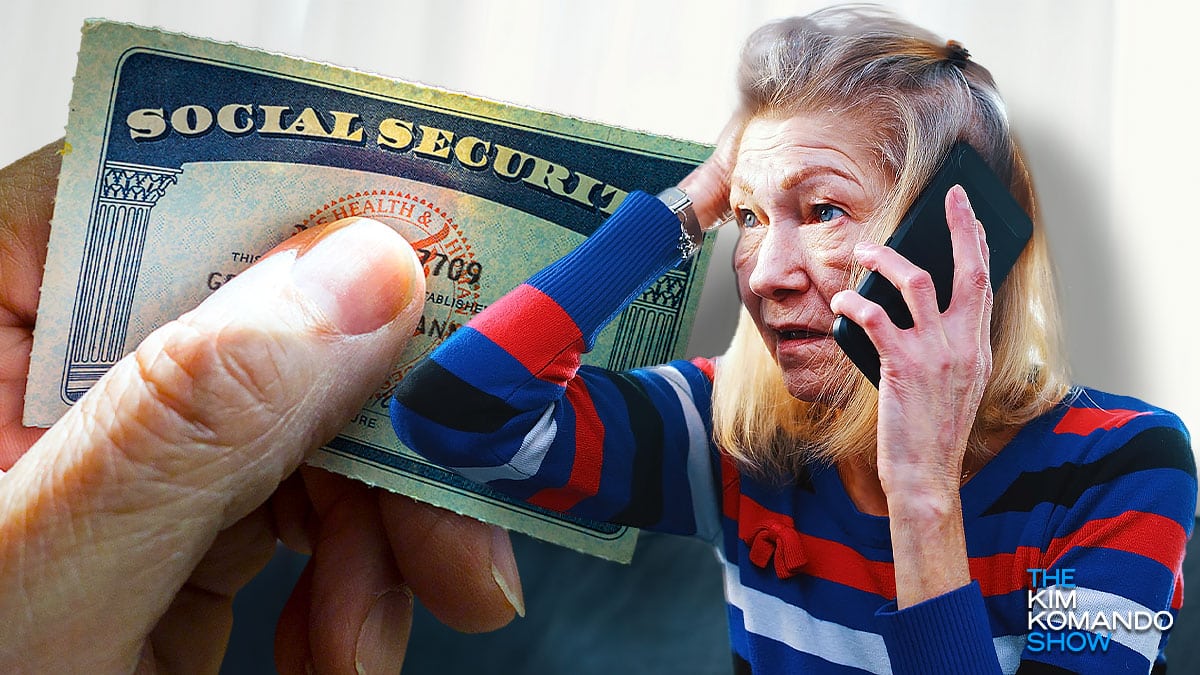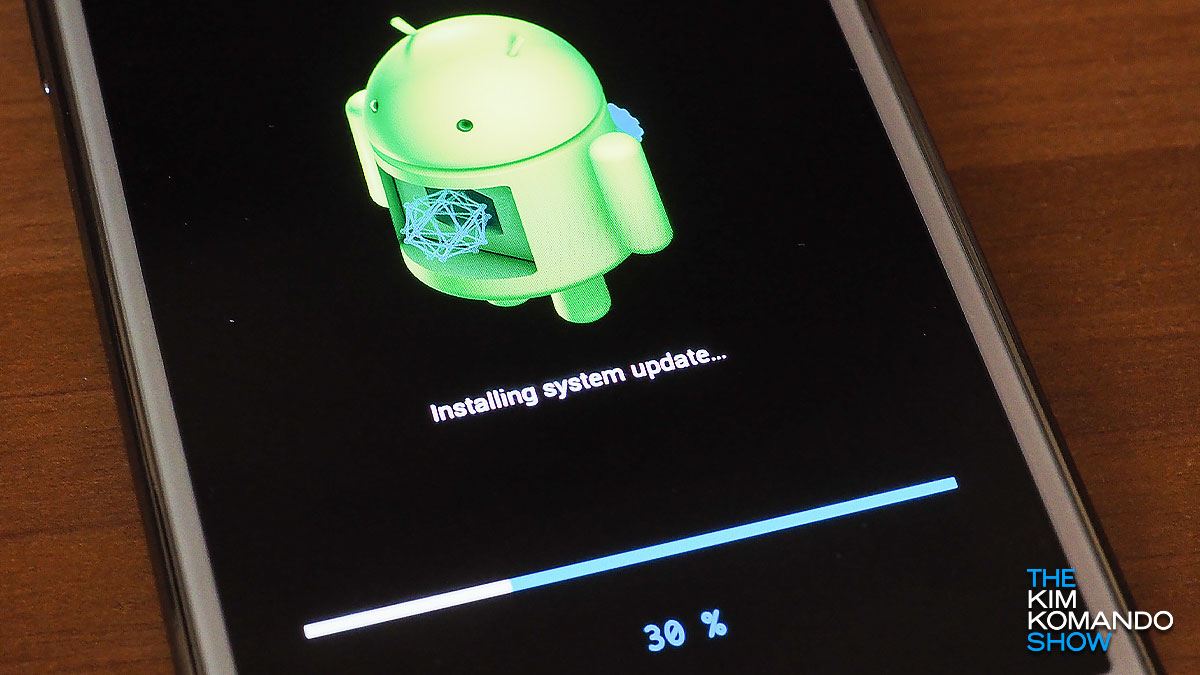Did you hear about the national security warning on Tuesday? Listen now for the scary story you missed out on.
Learn more about your ad choices. Visit megaphone.fm/adchoices

Since much information is tied to your Social Security number, scammers often look for ways to get their hands on it. A recent change to Social Security benefits has scammers out in full force, and you must know how to protect yourself.
Read on for details on tricky scams where thieves incorporate Social Security benefits and how to outwit them.
Each year, the Social Security Administration (SSA) approves a cost-of-living adjustment (COLA) for recipients of Social Security benefits and Supplementary Security Income (SSI). With inflation skyrocketing over the last couple of years, Social Security benefit payments will increase by as much as 8.7% this year.
According to the Better Business Bureau (BBB), scammers are waiting to pounce. They will contact you through email, text messages or even a phone call.
A thief pretending to be an SSA representative claims you must apply for the cost-of-living increase. They might ask you to visit a website, send information via text or email, or speak with them on the phone to get the benefit.
The scammer will ask you to verify your identity by sharing personal details, such as your full name, address, or Social Security number. They may even ask for your bank account information, claiming that the representative will deposit the extra money directly into your account.
But beware. It’s a scam!
“If you give your information to the person in question, they will have gained access to your most sensitive personal information, making you susceptible to identity theft. If you give up your banking information, they may even be able to gain access to your money,” the BBB explains.
The main giveaway that this is a scam is the fact that you don’t need to apply for the cost-of-living increase. It’s an automatic process. If you or a loved one receive Social Security benefits, stay alert to the signs of a scam.
Here are some suggestions to avoid these types of scams:

You don’t always need to sign a physical document these days. Instead, you can turn almost any document into a digital version and sign it electronically. Tap or click here for 15 important documents you need to digitize right now.
Did you hear about the national security warning on Tuesday? Listen now for the scary story you missed out on.
Learn more about your ad choices. Visit megaphone.fm/adchoices

There are plenty of ways hackers try to steal your banking information and personal data. Spam or phishing emails are incredibly effective, and so are personalized malicious text messages.
Hackers have also been found to create fake apps that look strikingly like the real thing. Once you install it, your mobile phone will be infected with malware. But taking that one step further, a group of hackers is now trying to convince you that your phone is already infected.